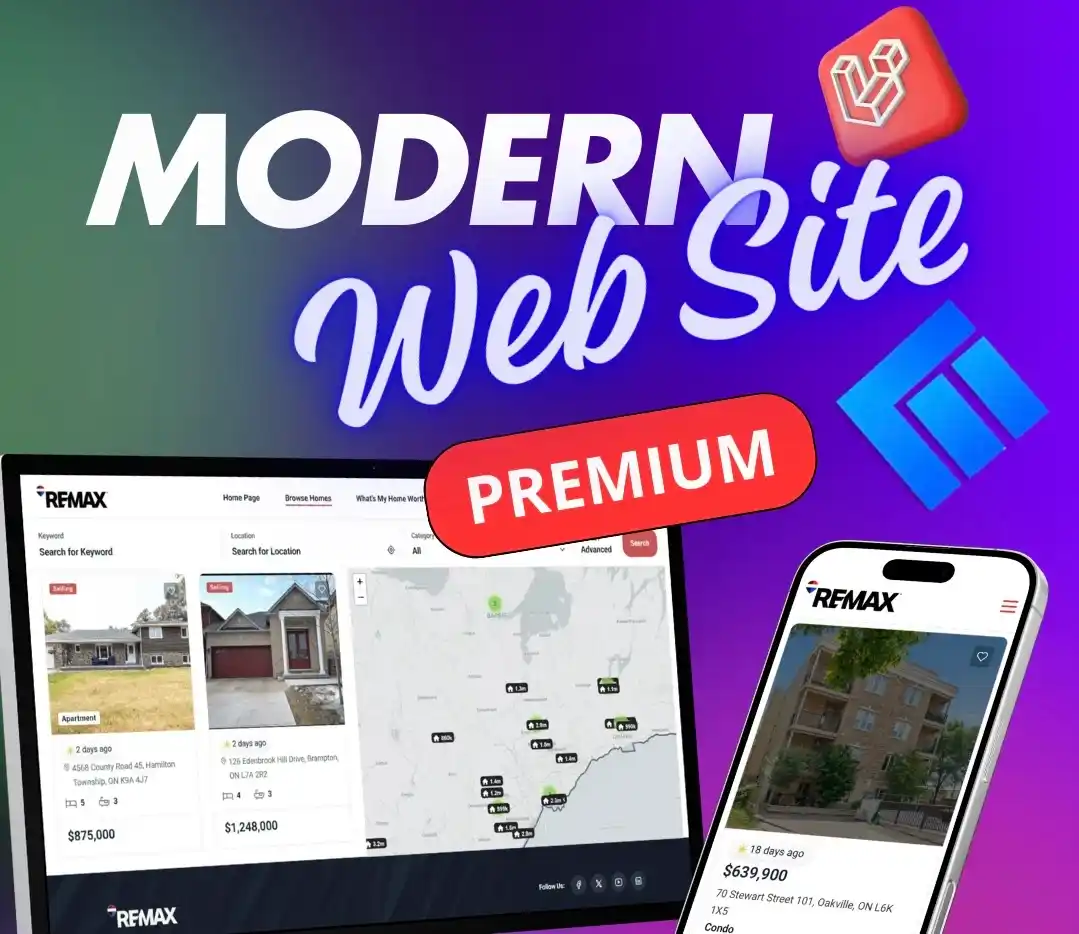
.jpg)
2025-07-07
The Role of Blogging in Website SEO: Key to Search Engine Success
Blog for SEO: Content Promotes Website to Google Top
Tags:
In today's digital world, where competition for user attention grows daily, simply having a "good" website is no longer enough. For your business to be visible online, you need to actively work on its SEO promotion. And one of the most powerful, yet often underestimated, tools in this struggle is maintaining a blog on your website.
So, why is content marketing, specifically blogging, so crucial for optimizing your website for search engines? Let's dive in.
1. Attracting Traffic with Relevant Queries and Expanding Semantics
A blog allows you to create content tailored to a vast number of search queries that users type into Google and other search engines. This particularly applies to long-tail keywords – more specific phrases that have less competition but high conversion rates.
For example, if you offer mobile app development services, in addition to the query "app development," you can write articles on topics like: "how to choose a platform for a mobile app," "cost of developing a mobile app for a startup," "features of UI/UX design for Android apps." Each such article becomes an additional entry point to your website from search.
2. Increasing Authority and Trust (E-E-A-T)
Search engines, especially Google, strive to provide users with the highest quality and most reliable content. The concept of E-E-A-T (Expertise, Experience, Authoritativeness, Trustworthiness) is key.
Regularly publishing high-quality, in-depth, and informative articles on your blog demonstrates that you are an expert in your field. This increases your website's authority in the eyes of search engines, which, in turn, positively impacts its ranking. When users see that you provide valuable information, they begin to trust your brand.
3. Attracting Backlinks
Quality and unique content are a magnet for backlinks. Other websites, blogs, and media resources will link to your articles as a source of valuable information. Backlinks are one of the most important ranking factors in SEO. They signal to search engines that your website is authoritative and reliable.
4. Increasing Time on Site and Decreasing Bounce Rate
Interesting and useful articles encourage users to stay longer on your site and interact with the content. Time on Site (Dwell Time) and a low Bounce Rate are important behavioral ranking factors. This shows search engines that your content is relevant and meets user queries.
5. Providing Fresh Content and Accelerating Indexing
Google's search bots (crawlers) love "fresh" content. Regularly updating your blog with new articles signals to search engines that your site is active and alive. This encourages crawlers to visit your resource more often, which accelerates the indexing of new pages and updates information about your site in search results.
6. Opportunities for Internal Linking
A blog creates excellent opportunities for internal linking. From your blog articles, you can link to other relevant pages on your website: service pages, case studies, contact information. This helps pass "link juice" from one page to another, improves navigation for users, and helps search bots better understand your website's structure.
Learn more about how we can help you with SEO on our services page: https://confidence-tech.com/en/service-details/dev-seo
7. Lead Generation and Conversion Increase
Ultimately, SEO is not just about traffic; it's about attracting potential customers. Blog articles allow you to:
- Educate your audience: Talk about the problems your business solves.
- Build trust: Showcase your expertise, answer common questions.
- Incentivize action: Add calls to action (CTAs) – subscribe to a newsletter, download a checklist, submit a request for a consultation.
A quality blog can become a powerful tool for converting visitors into loyal customers.
Conclusion
Blogging is not just a trend; it is an integral part of an effective SEO promotion strategy and the long-term online development of your business. It helps not only to attract targeted traffic but also to build authority, interact with your audience, and convert them into customers.
Remember that the success of a blog depends on the regularity, quality, and value of the content for your audience.
Last News.




_11zon_11zon.webp)

